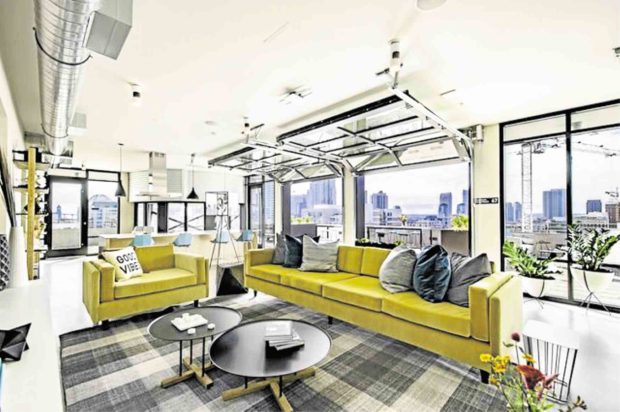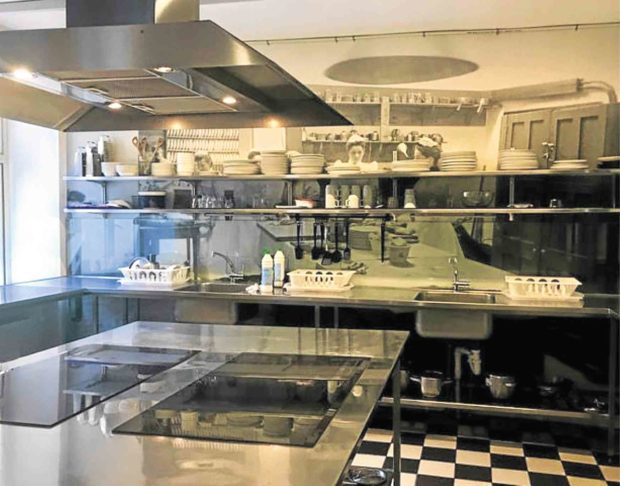Of digital revolutions and shared spaces
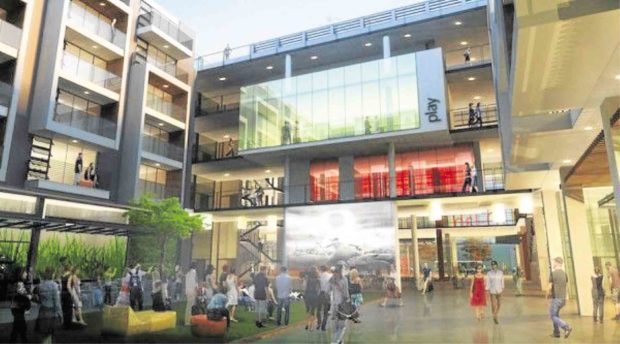
San Diego, California’s IdeaDistrict is a “live+Work+Create” space “driven by 21st century Innovation and Design jobs cluster, nourished by educational institutions and enriched by the arts”.
I just started reading the book “The Third Industrial Revolution,” published in 2010, and authored by Jeremy Rifkin, the President of The Foundation on Economic Trends, and an adviser to the European Union.
A few years ago, I watched a few of his lectures on YouTube and was fascinated at how he wove together the alternative scenario for a future wherein internet technology and renewable energy merge to create a different world order. That future is now.
This post-carbon era model, he theorized, will be more lateral and will discourage the need for large institutions. Instead, it will allow enterprises to operate successfully on a much smaller, almost personal, scale.
Utilities like power for example, will be produced not from a large power plant but rather locally, through alternative means like solar power, and will be distributed only to its more immediate neighborhood. Businesses will be decentralized similar to how it was during the days prior to corporations and stock exchanges, prior to when they had to source funding for projects that required investments in amounts way beyond what a few individuals could afford.
In this new digital era, resources meant to pump up a business are instead placed into a sharing economy that is made possible only through the quick and widespread reach of the internet. In this platform, “goods” are not used but reused, capital becomes social capital, and the quality of life replaces the GDP.
Rifkin describes the dynamics of this new order: “businesses become providers and everyone becomes users. So instead of sellers and buyers you have providers and users. Instead of markets, you have networks. Instead of ownership, you have access.”
The more immediate manifestation of the new industrial revolution is how human beings have exploited connectivity to hasten and improve the quality of their lives. It is an economy enabled by the algorithmic capabilities of software science that has driven the cost of trade to lower levels, eliminating the need for print advertising, fixed manpower expenses, back room operations, and other “brick and mortar” infrastructure.
This new economic system promotes a “fundamental reordering” of human activities where all that is required for one to participate is a fast and reliable internet connection. While these were merely scenarios in Rifkin’s book at the time of publication, they have already manifested.
Think Spotify, Airbnb and Uber: the growth and spread have been explosive.
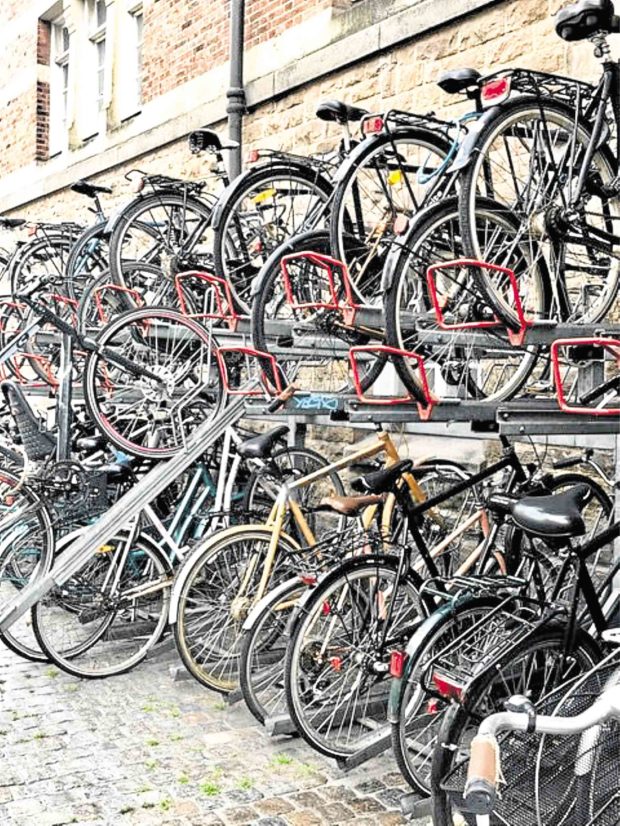
App-enabled transport sharing systems have changed the urban landscape. Shared bikes are redefining city planning and its roadways, curbsides and parking spaces.
In the field of architecture and design, the concept of sharing has been embraced in this age of digital modernization.
Urbanization has left many individuals sorely lacking of opportunities to connect and experience some sense of belonging, especially in places like Metro Manila where nearly a quarter of your waking hours is spent traversing the metro. Ironically, despite the bumper-to-bumper company, being stuck in traffic can be a lonely experience.
Many new building types have developed from the concept of the sharing economy, and the exponential growth of the “Internet of Things” will continue to change the landscape of both tangible and intangible spaces.
Never before have we had a massively growing amount of floor space for co-working and co-living, where not only people meet physically, but also where their interests, curiosities and need for meaningful conversations are being fed through the provision of carefully thought-out lifestyle spaces. Shared kitchens, game rooms and poolside areas are now being designed for more interactive situations, and are being revolutionized by the concept of impermanence and quick turnovers.
Issues of security and privacy go head-on with emotional and social longings. It is a rather complex lifestyle that is digitally enabled, yet it remains as a human experience. Designers of spaces are somewhat finding their way into solving these new concerns.
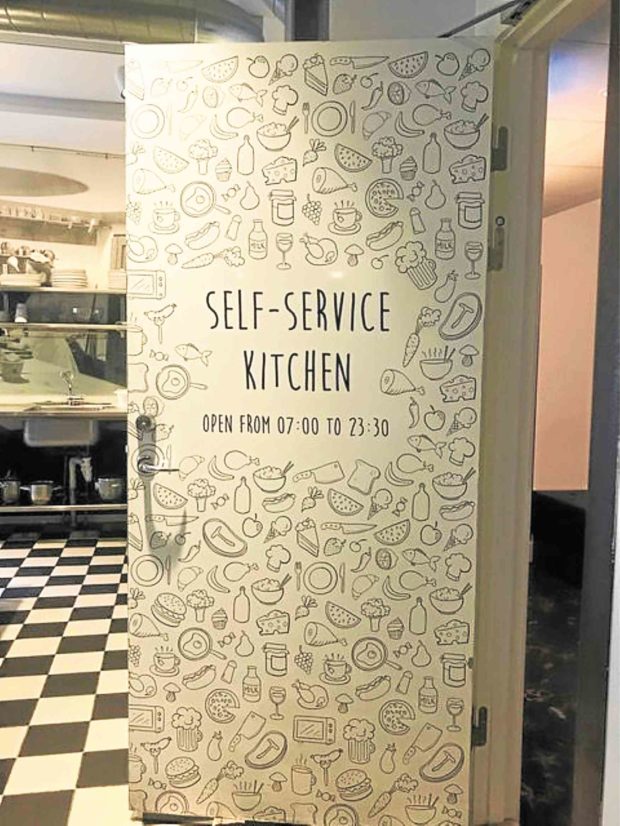
Shared spaces like this communal kitchen are also used to foster the spirit of community living. -image courtesy of exconomy
But the Fourth Industrial Revolution has arrived, and it is the smarter version of the Third Industrial Revolution.
The World Economic Forum, the body that gave it its name, refers to the “cyber-physical systems,” those technological networks that combine the capabilities of both machines and humans. We speak of artificial intelligence, self-driving cars, bio-engineering, biometrics, smarter version of “the Internet of Things,” self-regulating sustainable energy, digital printing and construction. It is the kind of advancement that will be literally in our lives, and within our bodies.
How will this affect the way we plan our spaces? Your guess is as good as mine. But one thing is for sure, this will evolve faster than expected, and our only hope in addressing these new needs hanker on our basic and most fundamental understanding of the human experience.

